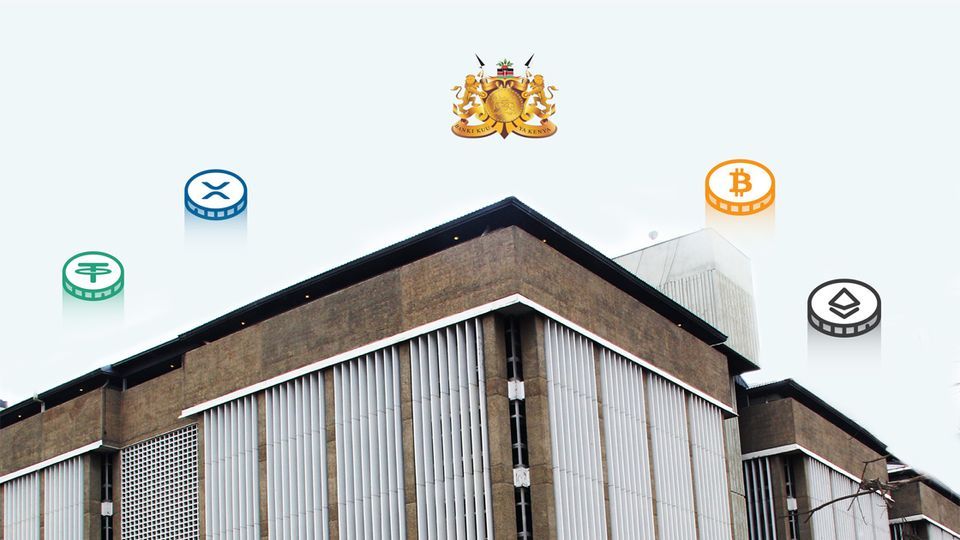Trade in cryptocurrency not illegal: CBK Governor
The committee also summoned the CBK governor to explain why the Bank failed to detect the Worldcoin token payments made to Kenyans via M-Pesa.

The Central Bank of Kenya’s (CBK) Governor, Kamau Thugge, has acknowledged that cryptocurrency trading is not illegal despite regulatory frameworks. However, he emphasized that cryptocurrencies are not officially recognized as a currency.
The details
- The CBK governor made this statement during a session before the 15-member Worldcoin parliamentary committee on September 5, 2023, in Kenya.
- Thugge said that while cryptocurrency trading isn't illegal, the central bank has warned Kenyans against cryptocurrency vulnerabilities, such as the risks of money laundering and terrorism financing.
- He emphasized that the CBK has actively been issuing a warning notice to Kenyans on the risks involved with cryptocurrency.
- While a CBK digital currency is not a priority now, Thugge acknowledged the success of Kenya’s existing payment system.
- Thugge mentioned that they are being cautious, aiming to seize opportunities while minimizing the associated risks of cryptocurrencies. Their goal is to ensure that Kenya doesn't lag in technological progress and innovation.
Key context
- The National Computer Cybercrime Coordination Committee (NC4), previously revealed that over 350,000 Kenyans registered for the Worldcoin project before its suspension.
- The Director of Criminal Investigations (DCI) told the committee that each participant was paid about Sh7,000 in Worldcoin tokens (WLD), translating to Sh2.5 billion.
- The cryptocurrency (WLD) was then translated to cash via M-Pesa. According to the committee, the transaction violated the Proceeds of Crime and Anti-Money Laundering Act and could also border on terrorism financing because it was not declared as required by the CBK.
- The committee summoned the CBK governor to explain why the Bank failed to detect and flag the transactions as illegal. The management of Safricom — the parent company of M-Pesa— was summoned alongside.
- In his testimony, Thugge told the committee that it was difficult to flag the Sh2.5 billion transaction given the large volumes of M-Pesa transactions.
What was said
“We do not have solid information about cryptocurrency trading in Kenya. We do not recognize cryptocurrency trading in the country because we have not given them the license to operate.
“There has been no survey done to establish the extent of crypto asset usage in the country. So, how were we going to monitor what we have not licensed?”
Zoom out
- A United Nations Conference on Trade and Development (UNCTAD) report found that about 4.25 million Kenyans (8.5% of the population) own and deal in digital currencies.
- The Worldcoin incident reaffirms the UNCTAD report’s accuracy. Despite the Central Bank of Kenya’s cautious stance on cryptocurrencies, Kenyans remain among the top adopters in Africa.



